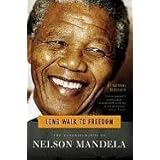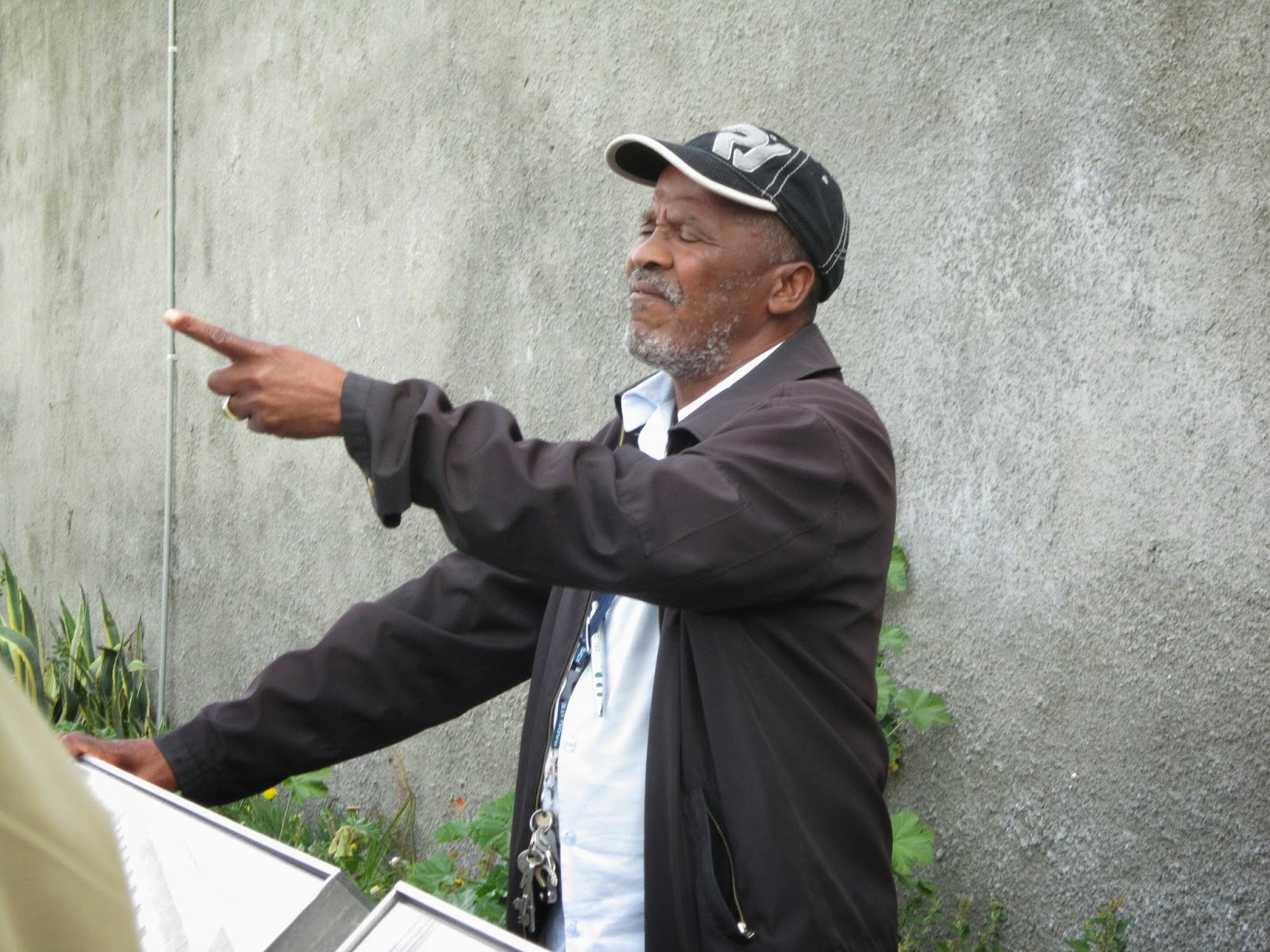

This film is one of the finest examples of a book adaptation that I've ever seen. Why was it so overlooked during the awards season? One of my favorite writers, Chimamanda Ngozi Adichie, got me curious when, during a wide-ranging interview with Zadie Smith http://thecut.io/1gOLMqh she opined that Idris Elba, who plays Mandela with extraordinary grace (my opinion), was robbed of an Oscar nomination. I agree. Not only did he have Madiba's vocal cadence down pat, he also conveyed the weight of twenty-seven years in prison, through the hunched body posture of the aging leader when he was released.
I thought the movie did an admirable job of introducing people to the full facets of Mandela's life within the extraordinarily limited two hour time frame. As Mandela admitted in his book, he did not take upon his shoulders the mantle of the peacemaker easily or without thought. How he arrived at this place, forgave his jailers and the enslaving political environment that was Apartheid, is the miracle of his story and of those who were imprisoned with him. This gentleman, incarcerated with Mandela, ensures that those who tour the prison will not forget. Imagine, if you possibly can, coming back each day to tell the story to future generations.
Whether reading or watching, what must keep us readers rapt is the question we ask ourselves. Could we put our lives on the line for an ideal we believe in? The very thought that South Africans were slaves in their own country, at the mercy of the colonialists who came to rape the land of its seeming unlimited bounty, is a difficult concept to get your head around. Unless, that is, you think of our own history here in the United States and our embarrassing treatment of the American Indians.
Yes, Mandela joined the African National Congress and eventually resorted to violence to shake up the Apartheid government. But what was excoriated as terrorist behavior in black South Africans was heralded in this country as patriotic fervor back in 1776 when a declaration of independence from the English oppressors was signed. Oh, how quickly we forget.
The film also gave Mandela's wife, Winnie, her due, showing us how she evolved from reluctant martyr to the cause, to a full soldier in the fight. I thought I was fairly well versed in Africa's history but I was completely unaware that Winnie was persecuted, imprisoned, tortured and, I'm sure, raped, simply as a way to psychologically destroy Mandela while he was isolated on Robben Island off Cape Town's coast.
He was allowed one letter every six months and, when one arrived, it was often so redacted as to be unintelligible. But the guards never failed to notify him when his wife was being punished. She was kept in solitary confinement for over a year not knowing where her two little girls were or who was caring for them. When she was released, she was a different woman. She told Nelson that only hate kept her going. Read or watch and you will understand.
The book and the movie are a fascinating look at evil and one's reaction to it. Winnie and Nelson Mandela suffered greatly for the freedom that would eventually unite their country but divide them. How each of them responded to the hardship and struggle comes down to the differences in our human natures.
Nelson became a beloved leader, though some South Africans I met while traveling there will quietly say that they think he may have sold out. Winnie's legacy flounders under a cloud of accusations of excessive violence, but make no mistake. My guide in Johannesburg drove me past her house and referred to her with awe and respect. It's clear that their work is not yet completed.


